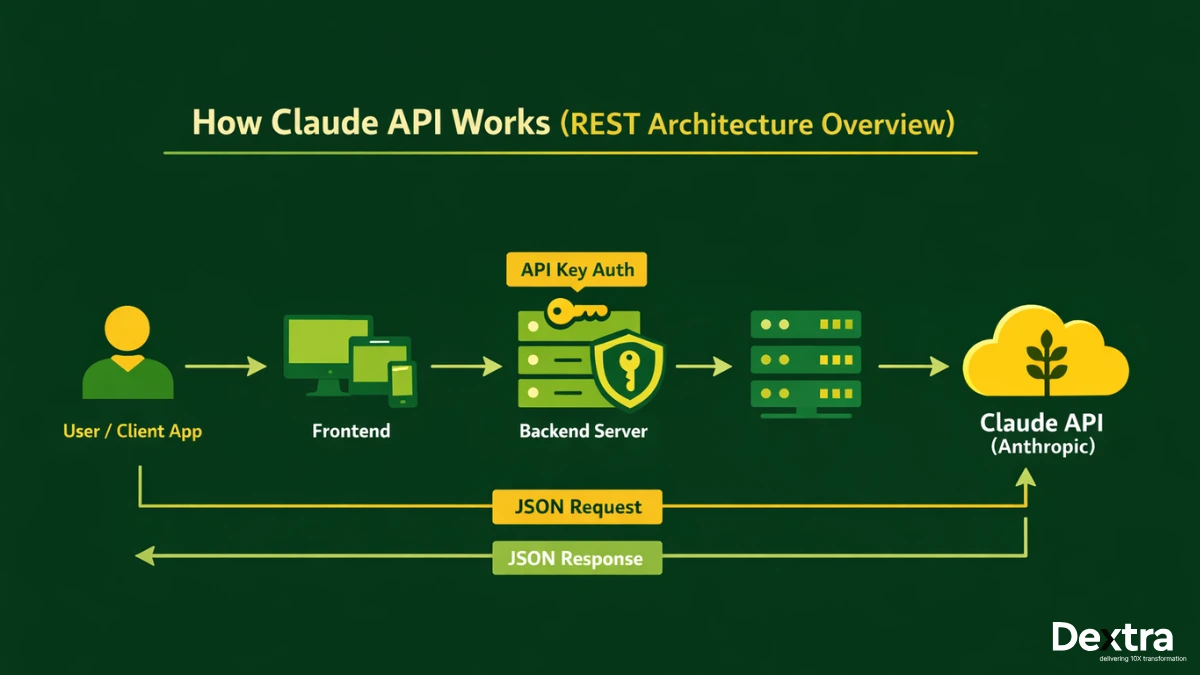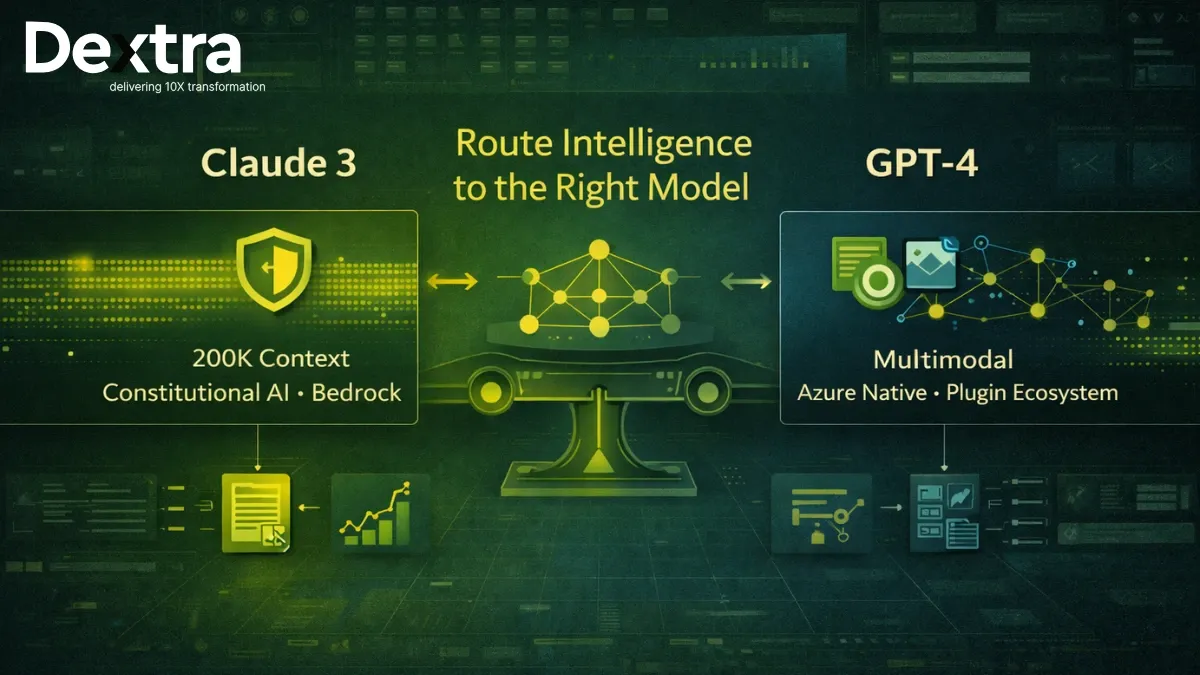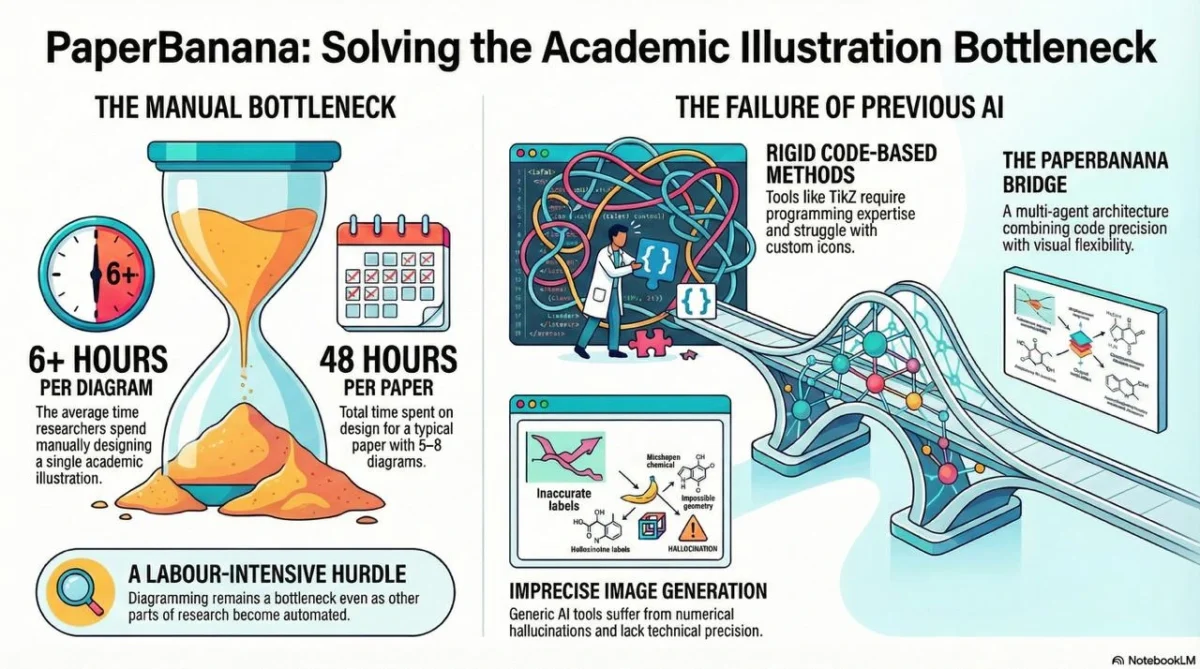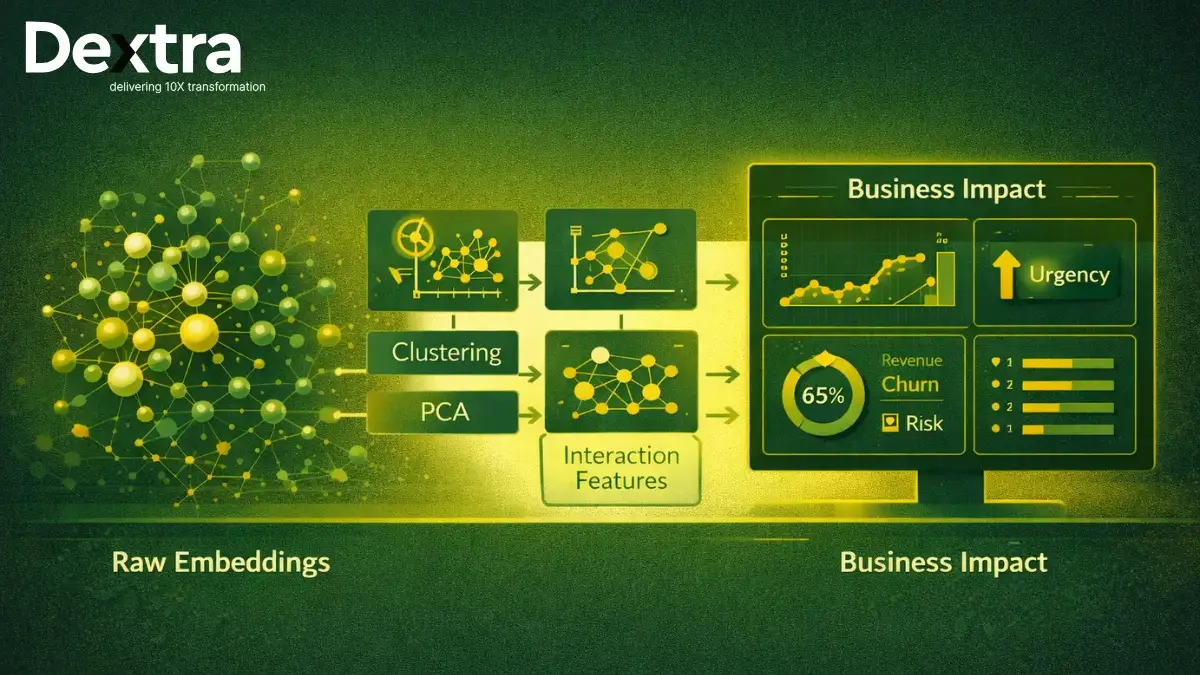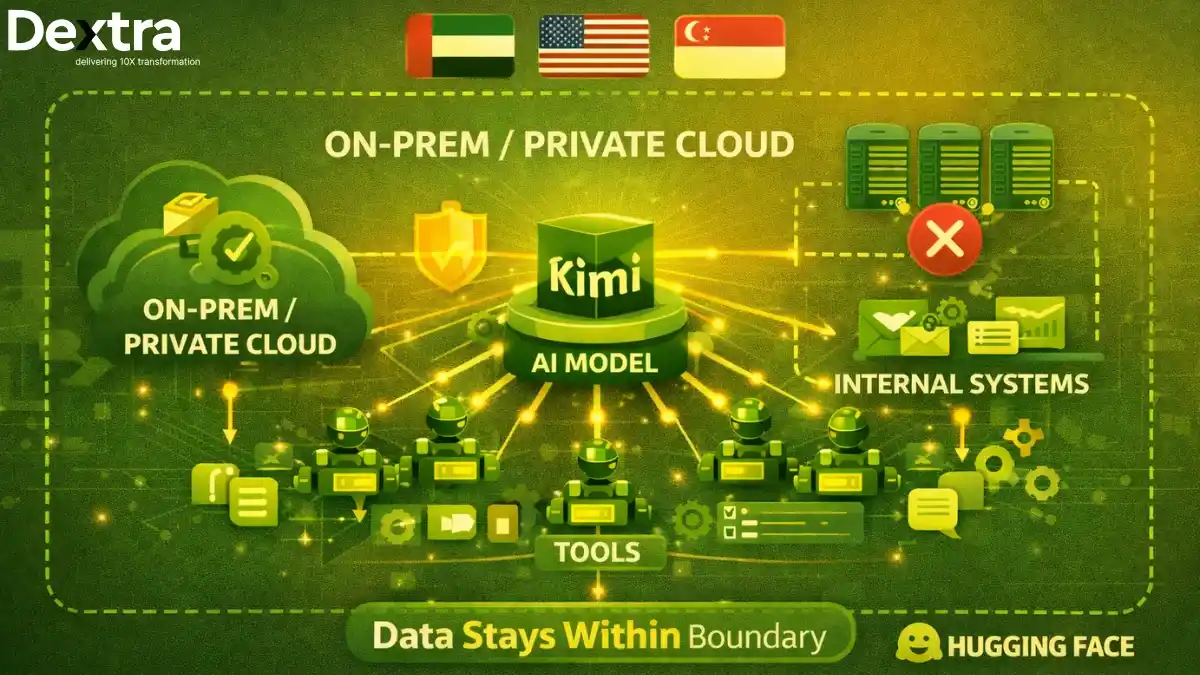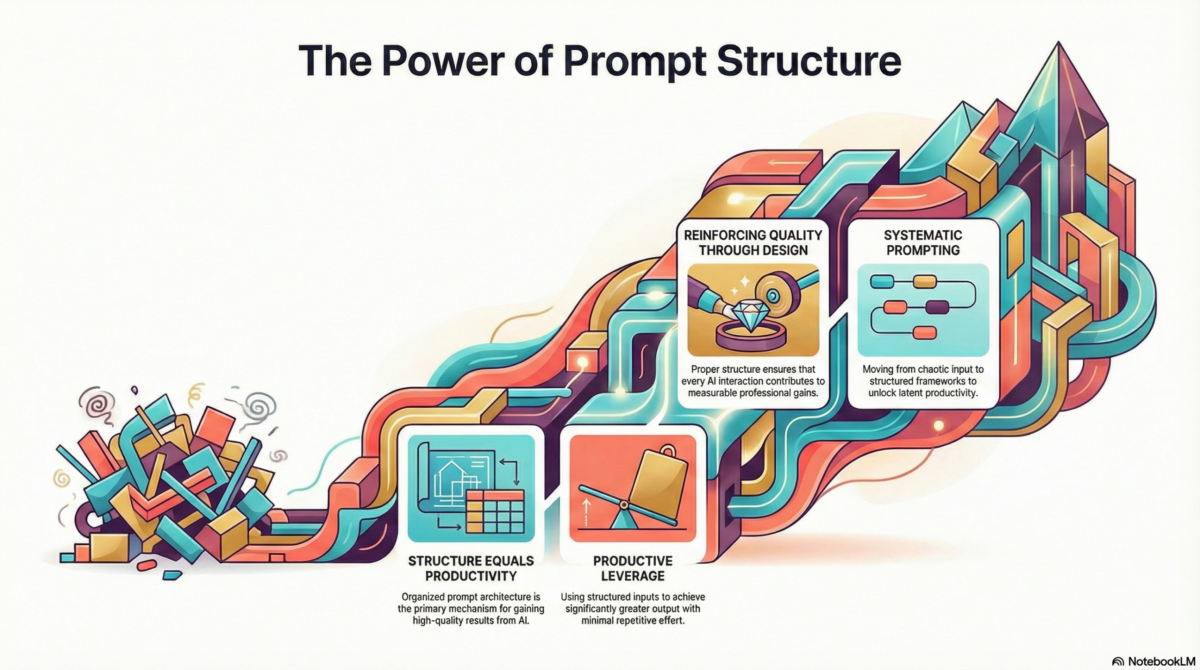If you’re investing in, buying, or acquiring a SaaS startup, technical due diligence (TDD) is one of the most significant actions you’ll take. Technical due diligence is a comprehensive assessment of the company’s technology, examining in detail the software architecture, cloud setup, code quality, security, and functionality of the development team. Tech DD for SaaS startups is bit different compared to traditional software-based companies. Since SaaS products run online and cater many users at once, tech due diligence for SaaS needs to evaluate how the system can handle growth, ensure uptime, and protect user data.
When planning for significant corporate events like mergers, acquisitions, or funding rounds, it is important to pay attention to the tech due diligence process. Any party, including a founder, investor, PE firms or M&A advisor, who follows the right tech DD best practices will effectively gauge the company’s technological assets and potential growth ability.
This assessment determines if the technology complies with existing operational and revenue needs, combined with anticipated futuristic requirements of development or functional enhancements. In this guide you will learn about important practices like covering code quality, scalability, security & architecture, etc and also role of Dextralabs as an important tech dd partner.
Preparing for Tech DD for SaaS in 2025?
Book a free Tech DD Prep Call with DextraLabs and get expert guidance on due diligence best practices for your SaaS startup.
Book Your Free CallWhy Tech DD is Crucial for SaaS Startups in 2025?
In 2025, if you operate or invest in a SaaS startup, performing technical due diligence for SaaS is a necessity and not an option. Since these platforms are cloud-native, they are always live and serving users in real-time. While that sounds great for users, it also means there’s more risk.
If technical due diligence for SaaS companies is not done, investors, PE firms and M&A advisors may miss potential deal-breaking issues like poor scalability, insufficient security, or untrustworthy performance. Nobody wants to invest in a product that crashes in times of pressure or cannot scale when more users begin to onboard.
Your platform faces growing challenges from compliance standards, including GDPR, SOC 2, and HIPAA, because non-compliance might result in lost business and trust from customers.
That’s why a strong tech due diligence process looks closely at your cloud setup, uptime SLAs, data protection, and how ready your product is to grow. It’s not just about checking the code but about proving your SaaS can handle real-world demands.
Key Areas Covered in SaaS Tech Due Diligence:
At Dextralabs, when we’re going through technical due diligence SaaS, it’s not just about the code, but it’s about making sure the entire product is solid, scalable, and ready to grow. Whether you’re a founder, PE firm or an investor, these are the main areas we focus on to reduce risks and make smart decisions.
1. Technology Stack & Architecture Review
As a tech dd partner, we start by looking at the foundation of your SaaS product. Here’s what that includes:
- Cloud Infrastructure: We check where your product’s hosted on AWS, Google Cloud, or Azure and if it’s set up for scale and reliability.
- Microservices & APIs: We look at how your system’s broken into services, how APIs work together, and if everything’s well organized.
- Containerization: If you’re using Docker or Kubernetes, we make sure your deployment process is smooth and scalable.
- Use of AI: Got AI features? We check how they’re built into the product and whether they actually add value or just sound good.
2. Code Quality & Maintainability
We dive into your codebase to see if it’s clean, easy to update, and future-proof.
- We spot tech debt and areas that could break later.
- We look for good coding standards, clear structure, and solid test coverage.
3. SaaS Security & Compliance
Security’s a huge deal in tech due diligence for SaaS companies, especially if you’re handling user data.
- We check for data encryption, login/authentication layers, and how secure your system really is.
- We also make sure you’re meeting the right standards like SOC 2, ISO, or HIPAA (if needed).
4. Open Source & Licensing Risks
Using open-source software is great but only if it’s done right. At Dextra Labs;
- We review how you track open-source licenses.
- We flag any legal risks from software that’s not compliant or properly documented.
5. Scalability & Performance Benchmarking
As a tech dd agency, We test how well your product performs under pressure.
- Are there bottlenecks that slow things down?
- Can your system handle big spikes in traffic thanks to cloud elasticity?
6. Data Protection & Governance
Protecting user data is non-negotiable:
- We check if you’ve got solid backups, disaster recovery, and failover systems in place.
- Our tech tech dd specialist also looks at GDPR compliance, data residency, and how well you handle data anonymization.
7. Intellectual Property Ownership & Risks
You need to own what you’ve built. At Dextralabs;
- We verify your IP documentation, including any third-party code.
- If you’ve filed any patents, we make sure those are in order too.
Tech DD Process for SaaS Startups: A Step-by-Step Framework
Here’s the SaaS DD sample process Dextralabs follow when conducting tech due diligence for SaaS startups:
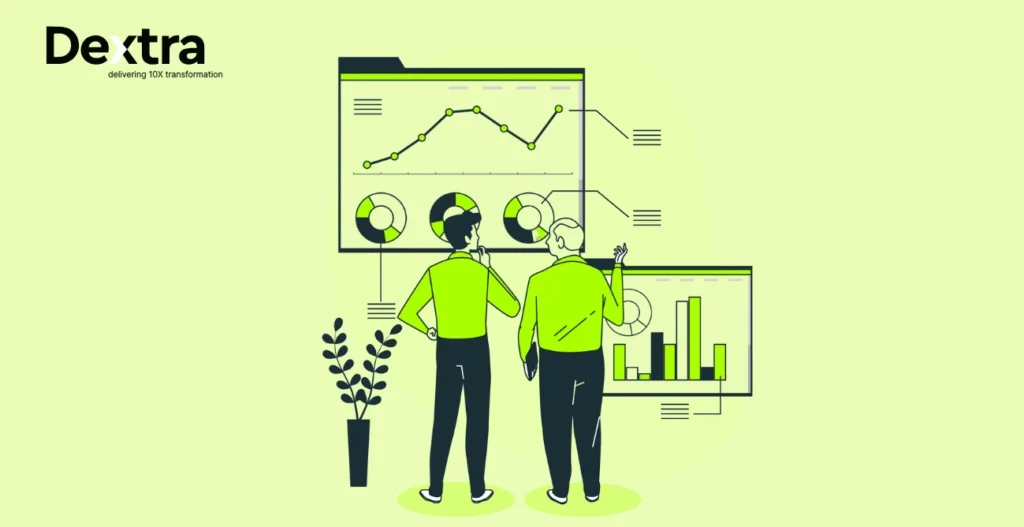
Step 1 – Document Review
Our tech dd expert start by gathering key documents, including:
- Code repository access: To review the codebase.
- Tech architecture slides: To understand how the product is built.
- Cloud cost reports: To assess the efficiency of cloud spending.
Step 2 – Code & Security Audit
We use specialized tools like SAST, DAST, and SonarQube to audit the code and look for security flaws in areas like authentication and API integrations.
Step 3 – Interviews with Technical Team
Our experts talk to the technical team to understand the development and scaling strategies, looking for any red flags related to technical debt or misalignment with the product’s future vision.
Step 4 – Cloud Infra & Cost Analysis
We evaluate the cloud infrastructure (AWS, GCP) and look for opportunities to optimize costs while maintaining performance.
Step 5 – Final Report & Recommendations
We provide a detailed SaaS tech DD report template, rating the technical risk as high, medium, or low, and offering actionable recommendations for improvement.
Best Practices for Effective Tech DD in SaaS Startups
When doing tech due diligence for SaaS, it’s important to follow best practices to ensure nothing is missed (SaaS due diligence checklist):
- Don’t skip open source license review: Make sure all open-source software is correctly licensed.
- Benchmark performance under simulated loads: Test how the product performs under real-world pressure.
- Check for DevSecOps maturity: Make sure security is part of the DevOps process.
- Match team skills to the product roadmap: Ensure the team can execute the product vision.
- Align tech architecture with GTM and funding goals: The tech should support your go-to-market strategy and long-term growth.
Red Flags to Watch in SaaS Tech Due Diligence
When reviewing a SaaS startup, watch out for these red flags:
- Single point of failure in infrastructure: Critical systems or services that, if they go down, could take everything with them.
- Shadow APIs or undocumented endpoints: Hidden APIs that aren’t tracked or secured, creating security risks.
- Lack of disaster recovery plan: No solid backup or failover system in case of an outage.
- Outdated and non-scalable tech stack: Legacy code or systems that can’t support future growth or modern performance demands.
- Lack of third-party integration support: Missing compatibility with key services or platforms, limiting the product’s connectivity.
- Lack of AI usage: No adoption of AI for automation, efficiency, or insights, which may mean the platform is falling behind in innovation.
- Misaligned or missing compliance documentation: Gaps in key compliance areas like GDPR, SOC 2, HIPAA, or other regulations.
Who Should Conduct Tech DD for SaaS Startups?
Choosing the right team to conduct tech due diligence for SaaS is crucial. Here’s a breakdown:
Internal CTO vs. External Tech DD Agency: A CTO knows the product but might overlook certain risks. An external agency brings expertise and a fresh perspective.
Why choose a specialized Tech DD agency for SaaS: These agencies know the SaaS landscape and understand what needs to be evaluated.
How to evaluate a tech DD provider?
As a startups founders, you can the factors or points given below before choosing a tech dd partner:
- Experience with SaaS: Have they worked with SaaS startups before?
- Expertise in key areas: Make sure they’re familiar with your tech stack, security requirements, and compliance standards.
- Reputation & reviews: When choosing an agency, look for those who receive positive feedback from clients serving in the SaaS market.
- Clear reporting process: Do they provide actionable, clear reports with risk assessments and suggestions?
Conclusion: Making Informed Decisions with SaaS Tech DD
Comprehensive tech due diligence for SaaS allows you to make informed decisions regarding your company’s state by exposing risks, confirming scalability and efficiency, and confirming compliance. As a founder or investor, a detailed SaaS evaluation will give you transparency and confidence on the next course of action. At Dextralabs, we expertise in software valuations and tech due diligence for SaaS startups to help you avoid making expensive blunders and to set up for long-term success.
The first step is to book a FREE SaaS Tech DD consultation with one of our founding members to ensure your SaaS start-up is ready for the future!
FAQs:
Q. How long does Tech DD take for a SaaS startup?
The duration of tech due diligence for SaaS typically ranges from 2 to 4 weeks, depending on the complexity and size of the company.
Q. How much does SaaS Tech DD cost in the USA/Singapore?
The cost varies, but generally, SaaS tech due diligence can range from $10,000 to $50,000 or more, depending on the scope and location (USA/Singapore).
Q. What documents should a SaaS founder prepare?
Founders should prepare code repository access, tech architecture slides, cloud cost reports, and compliance documentation (GDPR, SOC 2, etc.).
Q. Can early-stage startups skip Tech DD?
While early-stage startups might skip some aspects, it’s still highly recommended to conduct a basic tech DD process to identify major risks early and avoid costly mistakes later.


